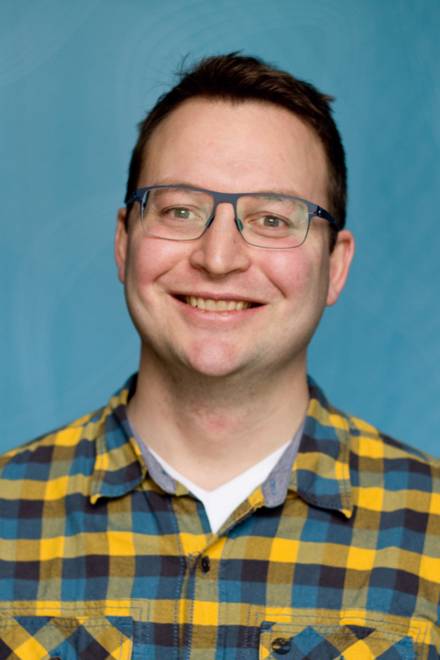Languages spoken:
English, Norwegian, Arabic, German, French, Spanish (to varying degrees).
Working experience:
2009-2011: Research assistant at a joint CMI/PRIO evaluation of a voluntary assisted return and reintegration programme for Iraqis (IRRINI), commissioned by the Norwegian Directorate of Immigration.
2011: Freelance work for the Norwegian People's Aid, producing a popular article on the socioeconomic status of Palestinian refugees in Syria, Jordan and Iraq.
2010-2011: Research assistant at the Institute of Sociology and Human Geography, University of Oslo, analyzing processes of inclusion and exclusion among young adults with immigration background within the EUMARGINS project.
2008: Middle East analyst and writer for the Norwegian Refugee Council’s annual report on displacement worldwide.
2007: Freelance researcher for the League of Arab States HQ/Department of Population and Migration, in Cairo, Egypt.
2002-2003: Solidarity worker and English teacher for the Palestine Committee of Norway in a Palestinian refugee camp in Lebanon.
Education:
2011-(ongoing): Doctoral candidate at Peace Research Institute Oslo (PRIO).
2007-2009: M.A. in Middle East and North African Studies. University of Oslo. Awarded scholarship and institutional affiliation with the Peace Research Institute Oslo and the Centre of Excellence for the Study of Civil War.
2006-2007: Advanced Arabic language studies for postgraduate students. University of Oslo and International Language Institute, Cairo, Egypt.
2004-2006: B.A. in Middle East and North African Studies. University of Oslo and Goethe Institute, Damascus, Syria.
2000-2001: Foundational studies in Anthropology and Psychology. University of Tromsø.
1996-1998: International Baccalaureate. Trondheim Katedralskole.






